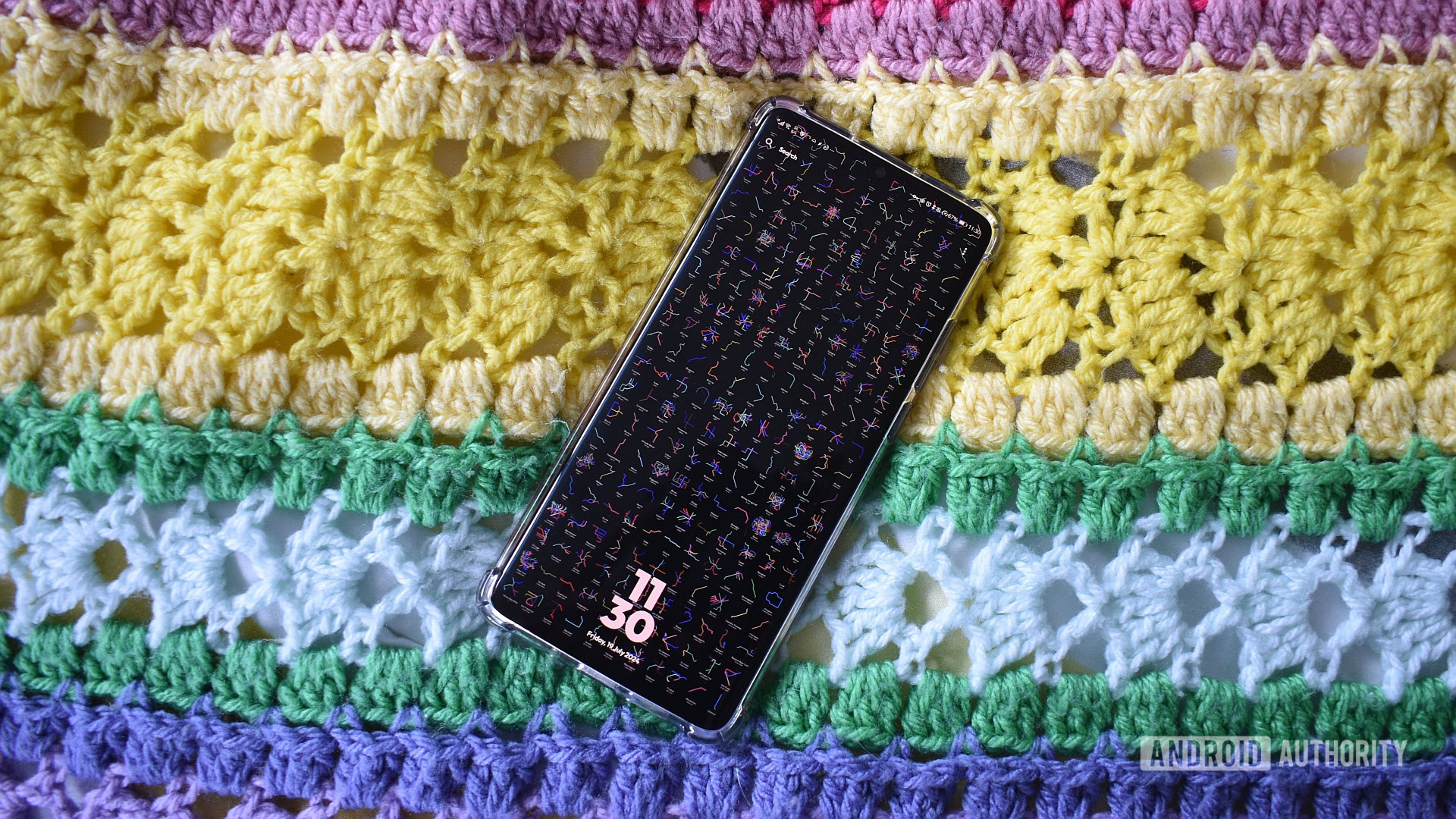
Andy Walker / Android Authority
As you can probably imagine, I get bombarded by smartphone news and rumors daily. It seems that a new device is now launching almost weekly, especially as we approach the busy latter half of the year. But would you believe me if I told you that I haven’t upgraded my phone this decade? I’ve had the same smartphone glued to my hand for over five years now, and I believe it’s due to one main reason — familiarity.
Familiarity = attachment
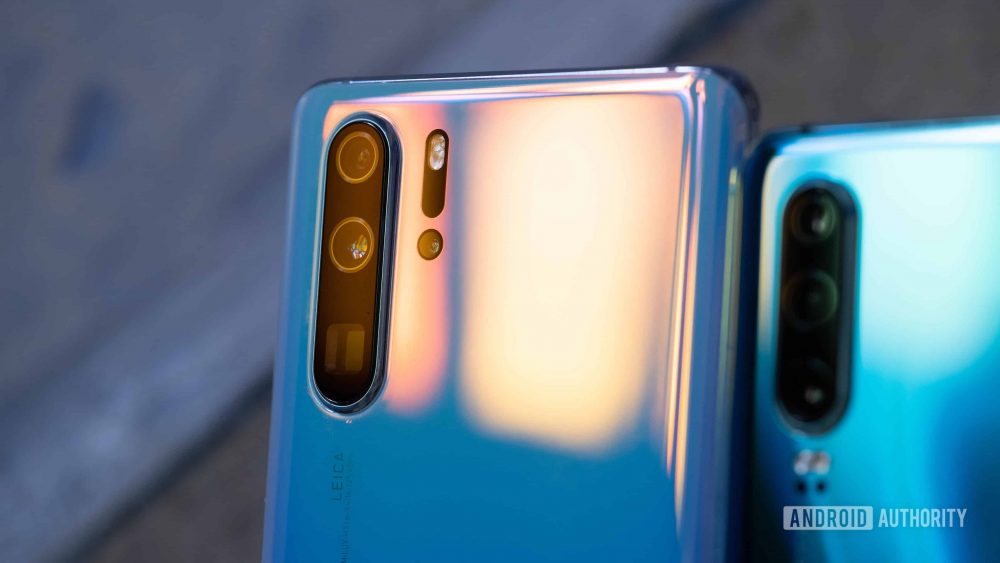
Yes, familiarity. It sounds ridiculous, but this theory has its merit. Since 2019, I’ve used the same HUAWEI P30 Pro as my daily driver. It was arguably the last HUAWEI worth buying, and as a result, it was one of the best smartphones of that year. Five years later, it’s fast approaching retirement, but I’ve spent so much time with the device that I’ll be hard-pressed to find a replacement that sports the same looks, feel in my hand, and approachability. You could say that I’ve grown attached.
My five-year-old device still snaps incredible pictures, can run modern apps and services, and connects me with the outside world.
There’s a psychological reason for this. Known as the familiarity principle or mere exposure effect, people are more likely to develop a keen preference for something if they encounter it often. It’s used to great effect in advertising and design. As a tangible example, iterative aesthetic upgrades aren’t just because smartphone makers are creatively bankrupt. A smartphone design language is meant to make consumers feel comfortable. It’s meant to instill a feeling of familiarity, comfort, and reassurance. It’s a big reason successful manufacturers’ lineups wear similar skins.
If it still works, why upgrade it?
Of course, this principle has its limits. If you encounter an object that doesn’t leave a positive impression, you’re more likely to dislike it. I wouldn’t be using my phone if I didn’t like it, if it wasn’t functional, or if it didn’t fulfill my needs. But if it still ticks these boxes, why would I upgrade?
A recent feature by my colleague Ryan Haines detailed why obsessively upgrading your device doesn’t make financial or environmental sense unless you can find value in the new AI world order or desperately want a specific innovation. I wholeheartedly agree. Smartphone makers have to balance familiarity with innovation, but considering smartphone capabilities have plateaued in recent years, there is no urgent rush to upgrade or get left behind.
How often do you upgrade your phone?
17644 votes
My five-year-old device still snaps incredible pictures, can run modern apps and services, and connects me with the outside world. Yes, AI features are pretty nifty, and 5G would be nice, but I’ve not yet felt I’m being left behind without them. Even so, I still have access to tools like ChatGPT and Gemini on my home screen and Google’s Magic Editor via the Photos app. I also spend most of my time on Wi-Fi. A new smartphone won’t fundamentally change my palm computing experience.
You could argue that my reluctance to upgrade is a case of decision inertia, and perhaps it is. But isn’t it sensible to stick with what you know if it continues to satisfy your current needs?
Yes, eventually, I’ll have to upgrade
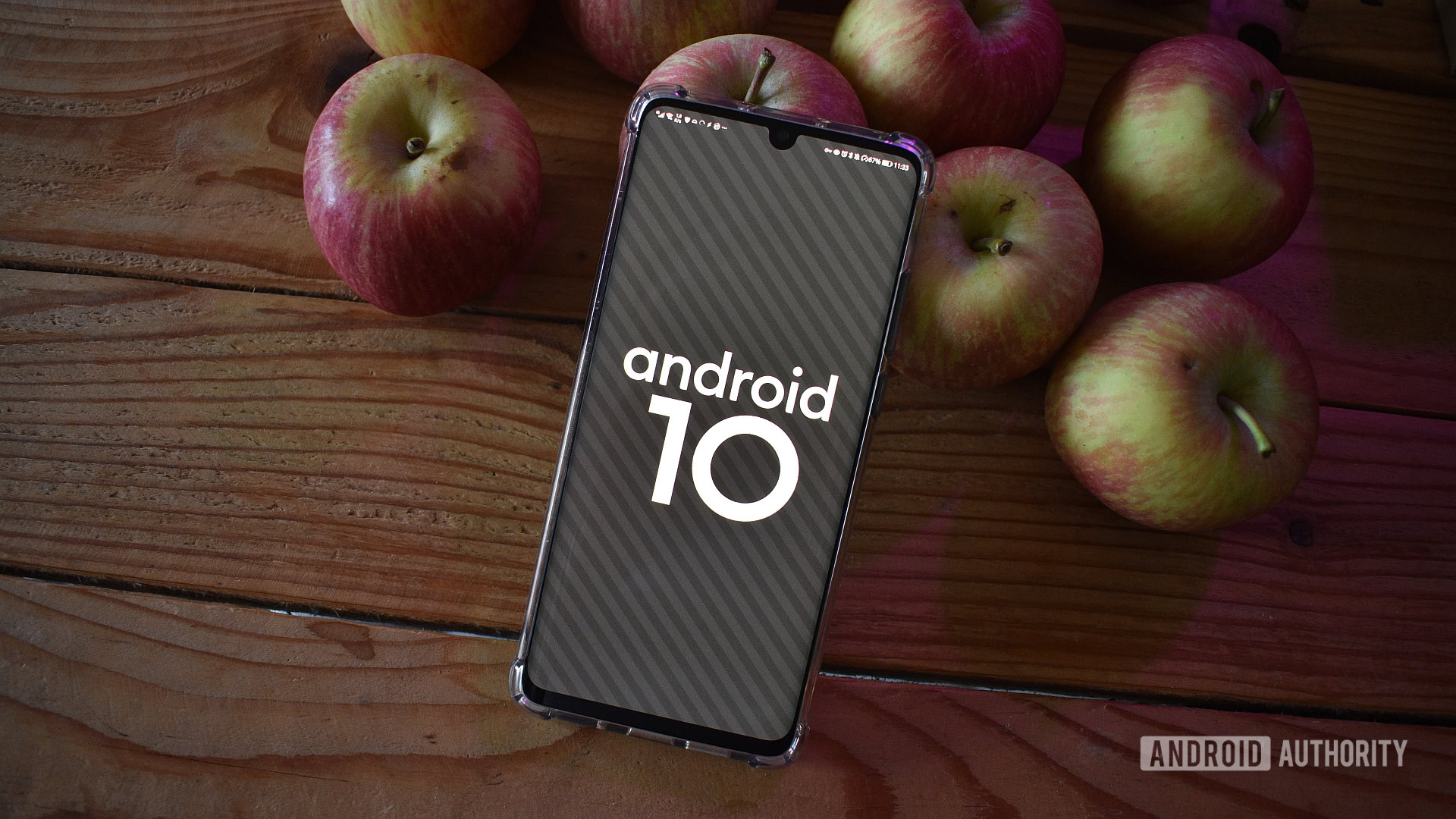
Andy Walker / Android Authority
I understand the pitfalls of using an unsupported phone in 2024, even more so a HUAWEI device. The P30 Pro hasn’t received a security update in over a year, leaving my Android 10 (!) build vulnerable. The phone is also showing its physical age. The battery life isn’t what it used to be, the screen has minor signs of burn-in and a few stuck pixels, and the 60Hz refresh rate makes the chipset feel even more dated. Considering how many times I’ve dropped it, it’s amazing that everything still works.
I know that I’ll have to upgrade sooner rather than later and that my beloved device will be relegated to a test bed, a glorified YouTube player, or a member of that kitchen drawer I never open. That’ll be a sad day, but at least I have plenty of upgrade options when the time comes.

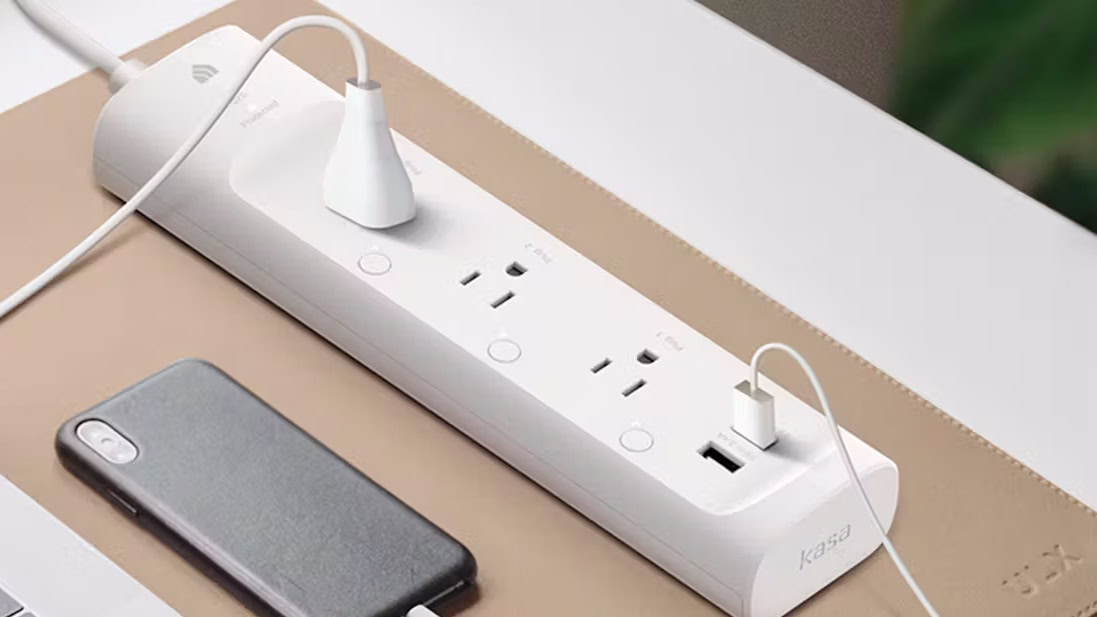
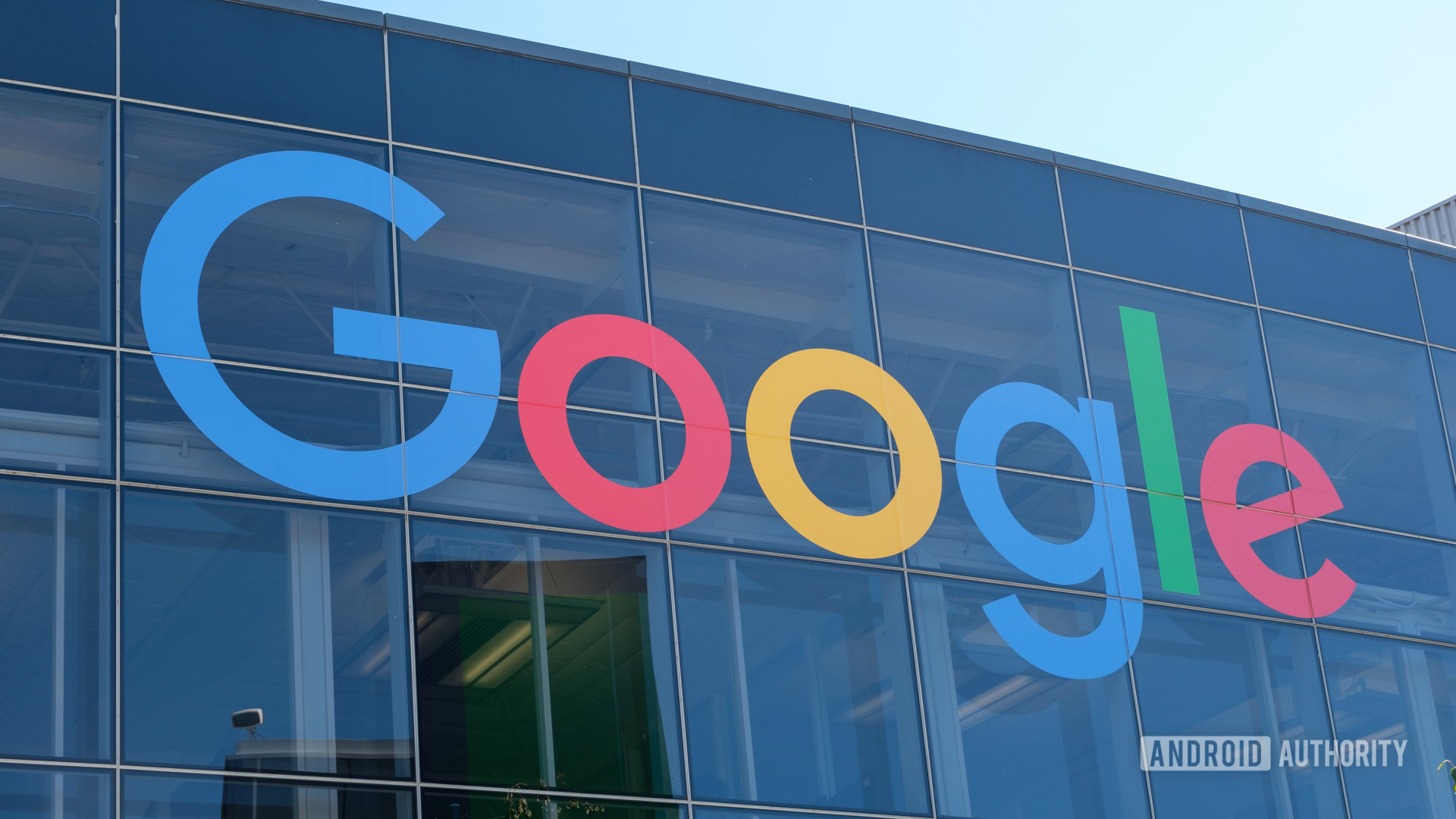





 English (US) ·
English (US) ·